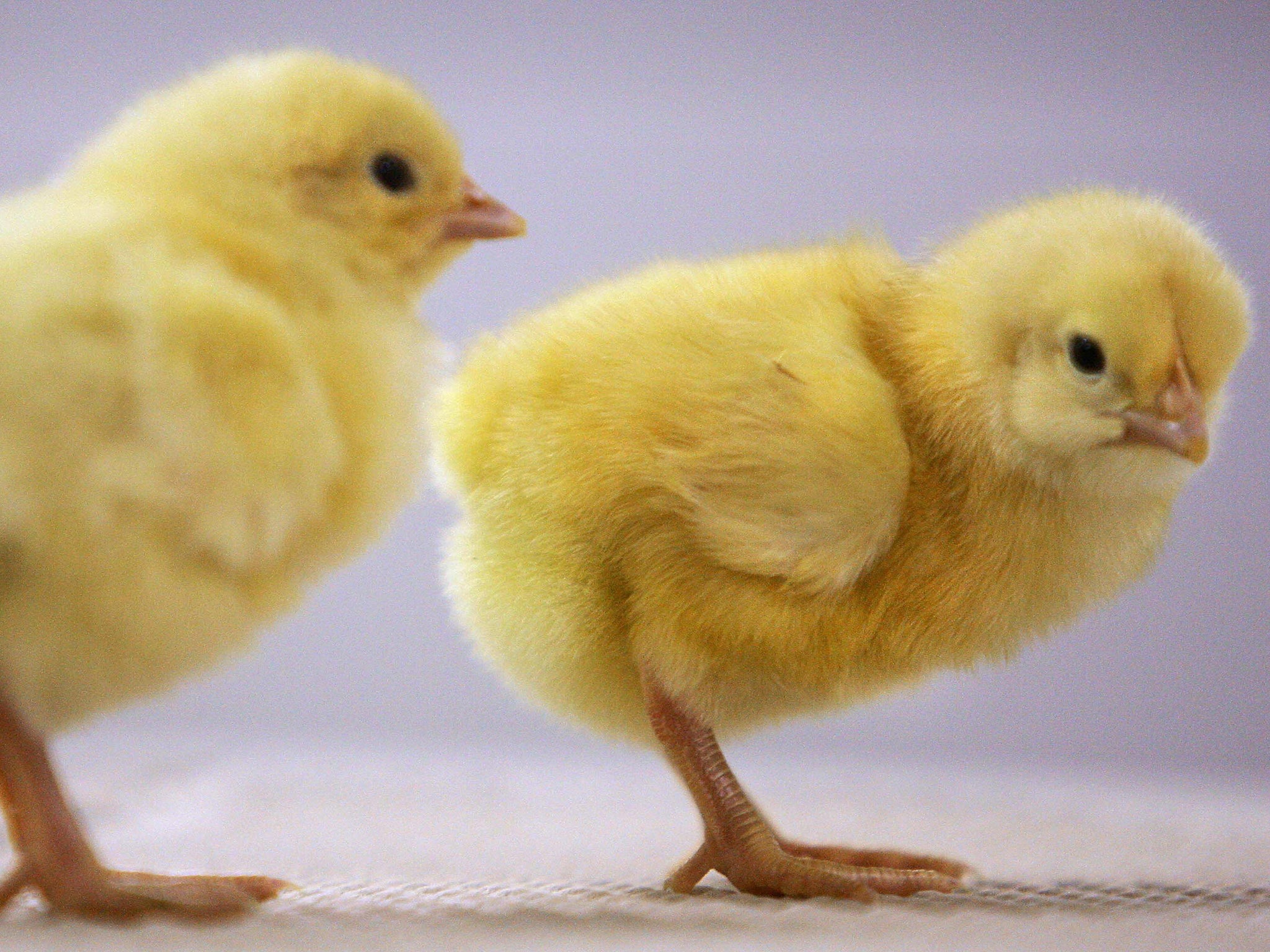German court rules killing day-old live male chicks does not contravene their animal rights
Male chicks are either killed by gassing or being crushed in a macerator machine

A German court has ruled the mass killing of day-old male chicks does not violate their animal protection laws.
Male chicks are killed because they are unable to lay eggs and do not put on enough weight to be reared for meat.
The High Administrative Court said the “breeding of male chicks is not in keeping with the stated goal of chicken breeding and its business guidelines“.
It argued the killing of male chicks was “part of the process for providing the population with eggs and meat”.
Germany’s Animal Protection Law allows for lawful killings of animals providing there is sound economic reason to do so.
The Green Party introduced a bill in the German parliament attempting to ban the process, but parliament voted against it in March.
Following the rulling, one western state in Germany - North Rhine-Westphalia - still wants to ban the killing of male chicks for economic reasons. The state’s agricultural minister, Johannes Remmel of the Green party said: “We must finally stop treating animals like garbage.”
Animal Aid, a UK animal rights organisation, estimates around 30m day-old male chicks are disposed of every year in the UK, while worldwide estimates reach 2.5 billion.
The male chicks are either gassed with carbon monoxide or put into a macerating machine which kills them instantly by crushing them. Animal rights activists say the process is the same as mass murder.
The RSPCA lists maceration as one of their permitted method of killing chicks, which also includes gassing and notes chicks must be killed within 15 minutes of being removed from the hatchery.
Germany’s national agricultural minister, Bavarian conservative Christian Schmidt wants a “practical alternative to the shredding of chicks by 2017”.
He suggests this involves laser technology, which could determine the sex of the egg before it hatches. But judges rejected the idea, ruling this practice was not yet ready.
Join our commenting forum
Join thought-provoking conversations, follow other Independent readers and see their replies
Comments